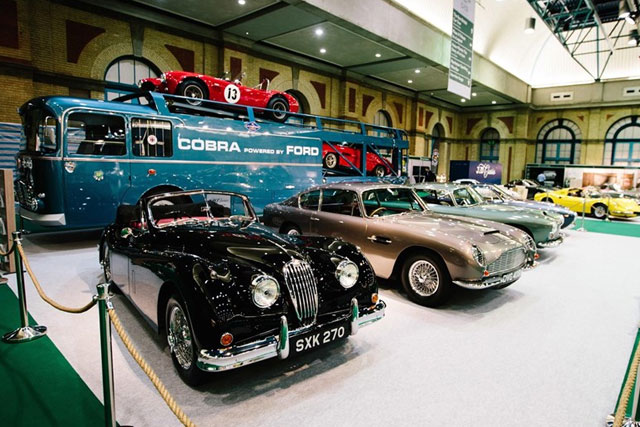Classic Car Value Guide
Is there a classic car you love but you’re unsure of the ROI? Use our classic car value guide to see if your dream car is a worthwhile investment.
Most wealthy people live by the phrase, “Let your money work for you.” This is why most wealthy people hold numerous investments.
When people consider what types of investments they can make, usually things like stocks, bonds, and real estate come to mind. What about classic cars? Is that on your radar?
It may sound strange, but after reading this classic car value guide, you’ll soon see how profitable it can be. If you have a passion for classic cars, turning them into an investment can be an enjoyable way to make your money work for you.
To find out more about how to turn a classic car hobby into a lucrative investment, keep reading below!
How Values Rise:
The factors that determine the value of a classic car are less scientifically determined than socially.
Of course, the rarity of a classic car is one of the easiest ways to determine value. Any model that is one of only a few produced will be worth a lot of money.
Rarity can even apply to cars that were mass produced. These cars can have value if there aren’t many around today. The French Renault 4L is a perfect example.
Other factors that affect value are provenance. Is there something special about where the car originates? Does it have significant historical value?
The nostalgia and coolness factors are the most difficult to predict and measure. Media can make particular models of cars cool, as James Bond did for the Aston Martin.
Classic Car Valuation Tools:
It’s easy to find an investment website detailing how assets can improve your profile, but what about classic cars as assets? As previously stated, determining the value of a classic car is not an exact science. It can involve some guesswork, and there are many ways to go about it.
It’s not difficult to find a website offering car valuation tools. It’s important to note that you should not use standard car valuation for classic cars. Still, these websites will only present an estimate.
You should consider the other factors that will affect your vehicle’s value. These include your region, interior and exterior damage, quality of replacement parts, and history of mechanical issues.
You should also compare the values you come up with online to other valuation sources. You can look at classic car magazines, ask a classic car specialist, check classic car auctions, and read classic car advertisements.
Dealers Vs. Private Buyers:
If you’re ready to sell your classic car, there is an important distinction between selling it to a dealer vs. a private buyer.
Don’t be surprised if a classic car dealer gives you a much lower offer than you were hoping for. The dealer’s prices are based on several factors. First, the dealer has to weigh his costs vs. retail value. The dealer also considers their inventory- if they already have your model, they won’t pay as much.
The right private buyer will usually offer more in the end, but you have to be patient. It can take some time to find the best private buyer.
Classic Car Value Guide:
Of course, investing in classic cars is not an exact science. Even with the best classic car value guide, commodities are only worth what someone will pay for them.
Like any hobby, classic car investment can take some time to perfect. However, once you get the hang of it, you’ll find it’s the most enjoyable investment you’ve ever made.
If you’re looking for other car related tips and guides, don’t forget to check out our page!







